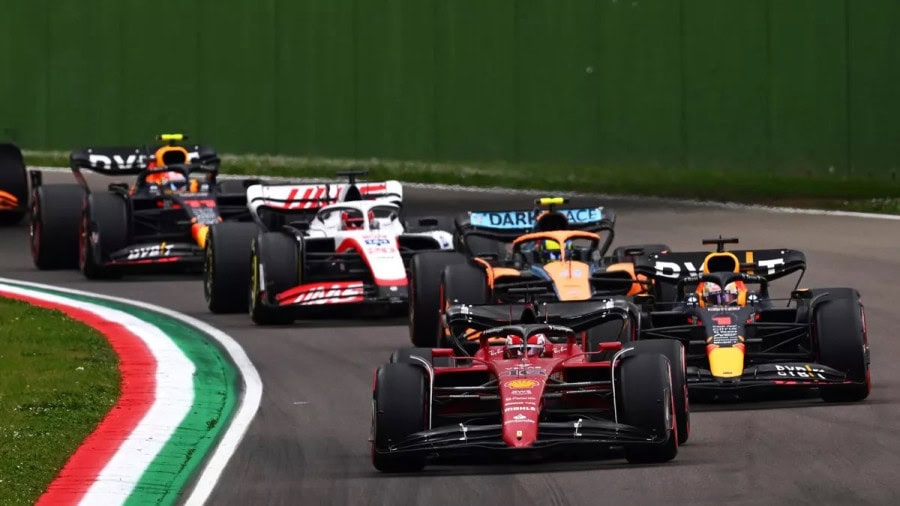Formula 1 will look to bring more competition to qualifying by trialing a “revised qualifying format” next year.
Under the new format, a certain tire compound in each segment will be mandatory for teams.
Since 2006, F1 qualifying has used a knockout format split into three sections.
Presently, all 20 cars participate in Q1 with the top 15 in that session progressing. The 10 fastest in Q2 then proceed into Q3 which decides the pole winner and starting grid.
Formula 1 has been making minor tweaks to this format over the years with the most recent change being eliminating the long-standing rule that those who make it into the top-10 shootout must start the race using the tire compound they used to set their fastest lap in Q2.
New plans are to test a “revised qualifying format” at up to two events in 2023, for the purpose of “evaluating whether the revisions are suitable for subsequent championships”.
At these trial events, teams and drivers must use the hard compound in Q1, the medium compound in Q2, and the soft in Q3 however any compound may be used if the session is declared wet.
The intention is also to reduce the number of tires used on a Grand Prix weekend.
Mandated tire allocation will be cut from 13 sets of slick tires to 11 sets during these events.
Each driver will have an extra set of hard tires (up to three) and an extra set of medium tires (up to four) but lose three sets of soft tires (down to four).
The number of intermediates (four sets) and wets (three sets) will remain unchanged.
Formula 1 has conducted such real-world experiments before with the current sprint race, which moved to qualify to Friday and introduced a shorter Saturday race that set the grid for Sunday’s Grand Prix being an example.
There already has been one sprint race this season with two more on the way.
F1 made it clear around that proposal that it would seek to conduct further experiments with its weekend formats, rather than agree to changes without any real-world data.
The changes have all been aimed at improving the quality of race weekends and promoting more parity between the teams within the sports.










